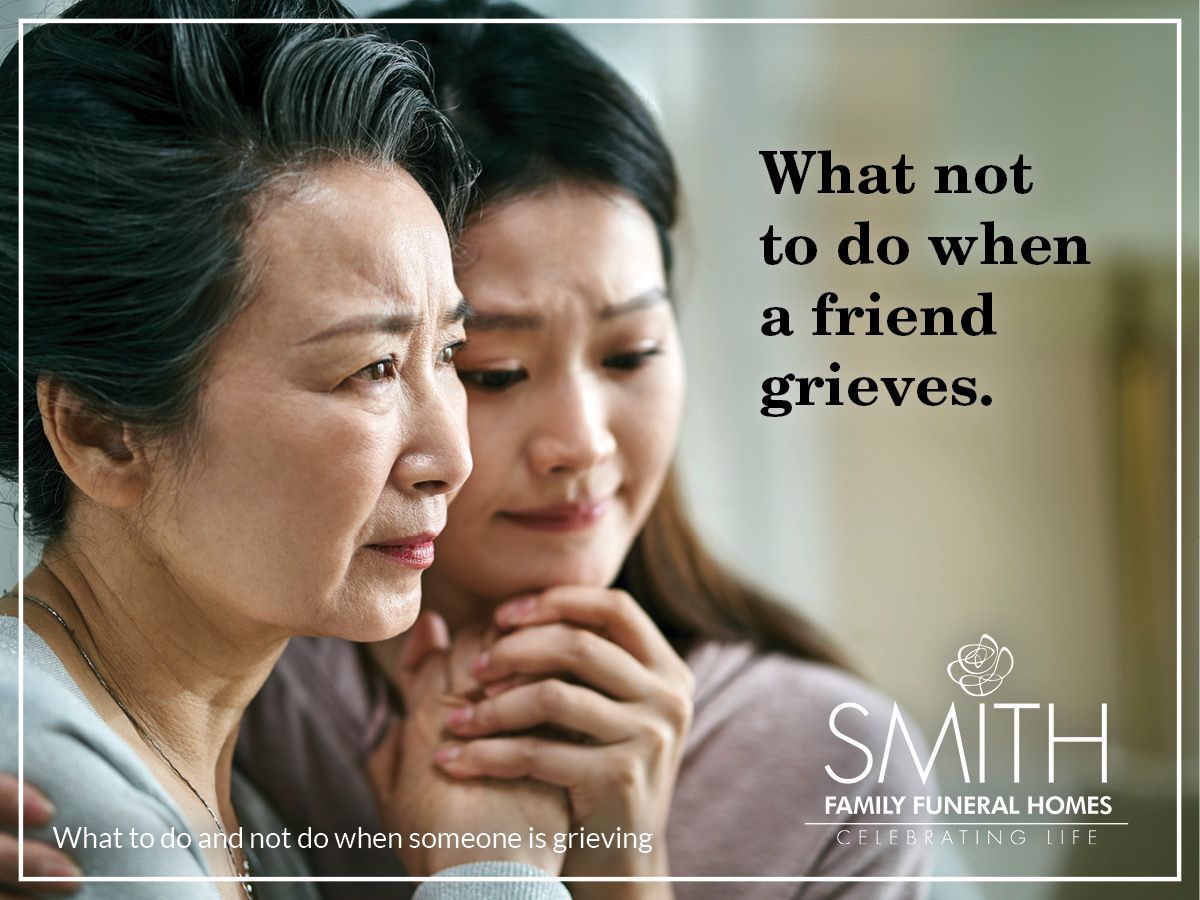
When a loved one dies, one of the first decisions that must be made is whether they will be buried or cremated. For some people, the loved one has already made that choice, but sometimes the decision falls to the family. If you or your loved one chooses to be cremated, the next step is deciding at what point the cremation should occur. Does cremation have to happen after a funeral? Or should it happen before?
When does cremation happen?
Whether cremation happens before or after a funeral is up to the decedent and their family. Cremation typically occurs between 2 to 15 days after someone has passed. For a cremation to happen, it must be authorized by the next-of-kin through what is known as a Cremation Authorization Form. In addition to the authorization form, the death certificate must also have been filed.
After the death certificate and authorization form have been properly filled out, the county will issue a permit allowing the funeral home or crematory to cremate your loved one. But every state has different laws regarding when that permit can be issued. For most states, 24 hours must have passed between the death and when the cremation is to happen. However, some states have a 48-hour waiting period instead. Your funeral home will be aware of these restrictions and plan accordingly, but it’s essential that you know that this waiting period may delay cremation.
If you plan to cremate your loved one before having a funeral, you may opt for direct cremation. In this case, a service is not included. Your loved one will be brought into the funeral home’s care, where they will be cremated as soon as possible and returned to you for you to decide on the next steps. At that point, you may choose to begin planning a funeral, or you may opt to forgo the ceremony for the time being and hold a memorial service after some time has passed.
You can also work with a funeral home to plan a cremation with a memorial service right away. In the event of a cremation with a memorial service, your loved one will be cremated as soon as they can be, and the funeral home will work with you to plan an event to celebrate the life of your loved one following the cremation. Most often, your loved one’s ashes will be at the memorial service, but that decision is up to you.
If you plan a cremation with a traditional service, your loved one won’t be cremated until after their funeral. Just as a funeral home would do for any traditional service, your loved one will be taken care of by the funeral home while you plan the funeral. Your decision to cremate will not change the ceremony in any way. You can still opt for an open or closed casket, hold viewings or visitations, and celebrate your loved one’s life at their funeral in the way you’d like. The only difference between a cremation with a traditional service and a burial with a traditional service is that your loved one will be brought to a crematory after their funeral, rather than a cemetery.
Depending on your state’s laws, your loved one may need to be embalmed or refrigerated in order to be preserved for their funeral, as well as any additional ceremonies, like a viewing. In the case of direct cremation or cremation with a memorial service, embalming is typically not necessary. However, your loved one may have to be refrigerated while they wait to be cremated.
What would delay cremation?
In addition to the waiting period between death and cremation, other events may delay cremation. Of course, if you opt to have a funeral before cremation, your loved one’s cremation will not occur until the funeral ends, which may be a week or more after their death. But a death certificate may also delay when cremation can happen.
For a death certificate to be signed, the cause of death must be understood. If your loved one had been ill for some time and had been regularly seeing a doctor or had been in hospice, their cause of death will likely be understood. For others who passed suddenly, the cause of death would be less straightforward. A post-mortem examination may have to occur in order for the death certificate to be signed. A cremation permit can only be issued once the death certificate is completed and filed.
If you’re worried about the timeline for your loved one’s cremation, talk to your funeral director about your concerns and their recommendations for funeral preparations. Funerals, as well as cremations, are very personal events, and your funeral director has worked with many families throughout their loved one’s disposition. They’ll be able to guide you through your decisions for your loved one’s cremation and funeral service.
Smith Family Funeral Homes provides quality funeral, memorial and cremation services to the families of Central Arkansas. Their six locations can be found in Little Rock, North Little Rock, Westbrook, Sherwood, Benton and Arkadelphia. With a privately-owned crematory operated by licensed professionals, Smith Family Funeral Homes can guarantee their high standard of care throughout the cremation process. To learn more, visit smithfamilycares.com.












